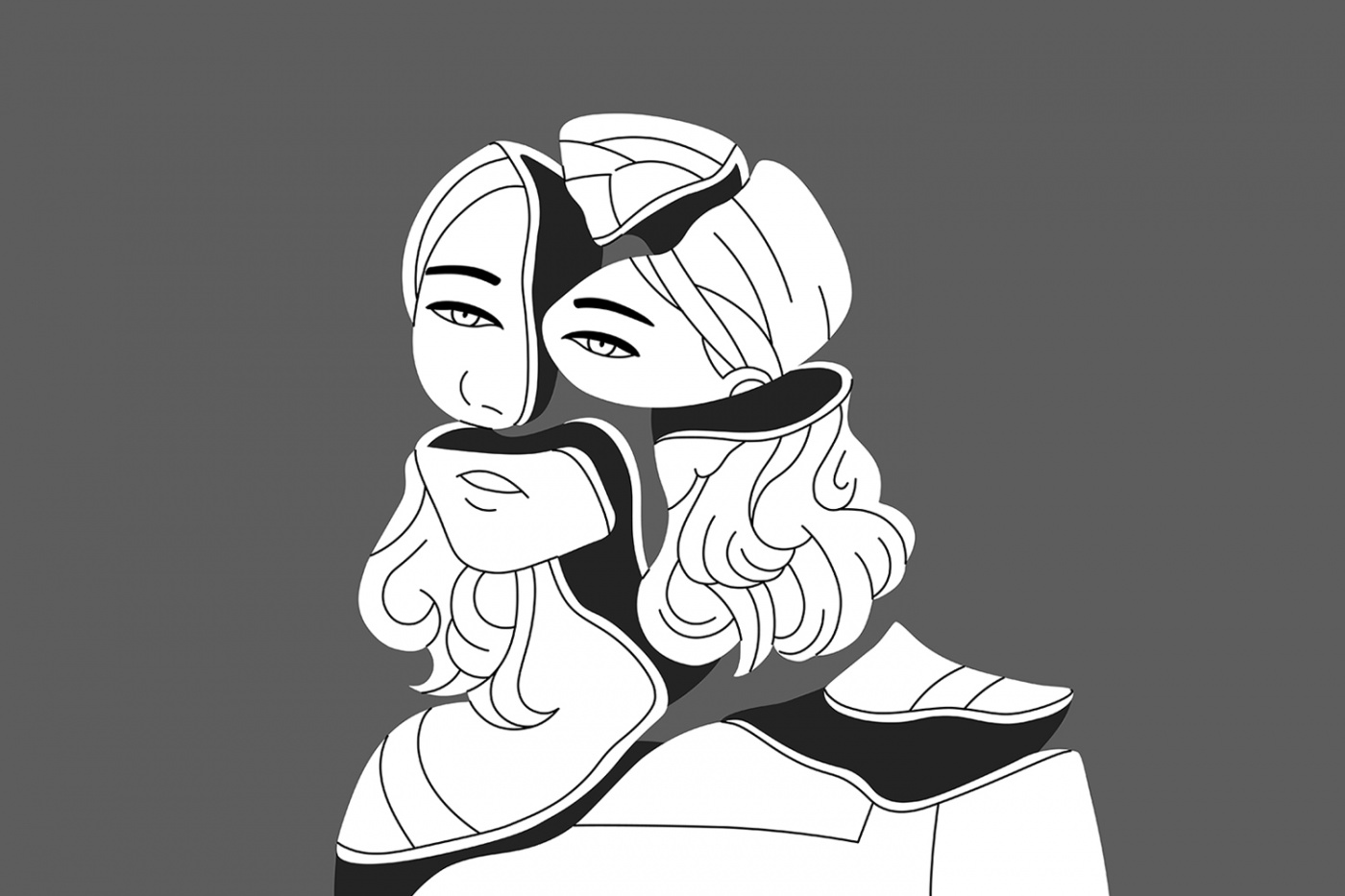Why It’s Okay to Be Indifferent to Avoid Compassion Fatigue
It’s 8 o’clock in the morning, and I’m on the train to work. Still groggy and sleep-deprived, this is when I find refuge in the mindless scrolling of my Facebook newsfeed. Usually, I wouldn’t have the energy to focus on anything other than cute animal videos and Brooklyn Nine-Nine memes. Still, it’s always a mixed bag on social media. Depending on the type of friends you have, you could come across anything from witty musings to dull food selfies. Whilst on the hunt for a good meme, I stumble upon a news article about the plight of rape victims. I feel a stirring in my heart for a brief moment, before hiding the post so I’d never see it again.
You may think it’s a cold-hearted move. Why am I spending my time looking at silly online content, when I could be turning my attention towards more pertinent issues that are actually resulting in the loss of lives? How could anyone choose to be so ignorant? Perhaps you’re right. I feel a tinge of guilt every time I deliberately decide to turn a blind eye and brush aside the articles that rightly deserve my attention. For the longest time, I thought I just wasn’t as kind as I’d hoped to be. Deep down, I was nothing but a selfish little scallywag.
Then again, is it really that bad to be a little selfish? We’ve seen an influx of opinions and insights of late, shedding light on the need for people to prioritise, love and take care of themselves. In the past, mothers are only deemed by society as good when they give their 110% to their children without leaving space for themselves. Today, people like Jada Pinkett-Smith are calling out the toxicity of such ideals, positing that one has to fill their own cup so they can give more to others. And that applies to everyone in every circumstance. At the end of the day, boundaries are crucial for personal survival.
Being selfish has now taken on a new meaning, and birthed the “self-care” movement—a more positive spin on putting yourself first. Whether it’s skipping a social event to take care of your mental health or cutting off a toxic friendship that’s draining the life out of you, individuals are entitled now to make the seemingly jerk-ish choices for their own benefit. Needless to say, this doesn’t mean that you can get away with rude or immoral behaviour.
As paradoxical as it seems, putting yourself first actually expands your capacity to serve others. In the same way, a little bit of apathy can breed more empathy. You see, I don’t hide news articles about death and rape because I don’t care about those victims. I hide them precisely because I care. If I were to read every depressing news piece that I chance upon in the morning, I would very quickly become the most jaded person on the planet. Imagine your bright mornings tarnished day after weary day by constant reminders of how harsh the world is and can be. You drink your coffee with a dose of aggrieved helplessness. You eat your breakfast toast with a side of nihilistic gloom. Eventually, you get so desensitised to the cruelty of humanity that you lose all ability to give a damn.
In the healthcare industry, compassion fatigue is a real problem. Every practitioner starts off with a noble purpose—to help those in need. Most do it because they care, and not for the money. But each time they empathise and get emotionally attached to a patient, the more mentally exhausted they become. Tong Yee, the co-founder and director of The Thought Collective, defines empathy as “the capacity to see and acknowledge the suffering of others and say, ‘I will make your suffering mine’.” But how much suffering can you take on before you self-combust? Dealing with an endless slew of severely afflicted patients, the emotional distress (or compassion fatigue) they face becomes so overwhelming that they respond by completely shutting down. Thus, these once highly compassionate individuals are reduced to apathetic shells of their former selves.
Having compassion for every patient you meet is like being emotionally invested in every stranger on the street and caring about everything—every social issue, every tragedy. It is physically, emotionally and mentally impossible. You can’t be an activist of every cause, and talk about a hundred issues an hour, while still grieving for the fact that every day, people die. It’s a lot like pushing yourself at the gym so far that you render yourself unable to move a limb the next day. Compassion fatigue, which comes from maxing out your compassion meter at the expense of your personal well-being, may cause you to lose the ability to care.
Yet, we’re blamed for our selective compassion. The people who mourned over the destruction of the Notre Dame were criticised for ignoring the plight of the poor, as if it were possible to rank the importance of such wide-ranging issues. To say that what you care about isn’t as important as what I care about, is the ultimate sign of a lack of empathy. As a result of such harsh judgement, we’re pressurised into feeling the need to care about everything, to press the “sad react” button even though we didn’t actually read the entire sex trafficking expose.
To me, scrolling past poignant news pieces without paying attention to them is an act of self-preservation. It is my way of keeping my sanity intact, especially when it’s still too early to be getting emotional. In fact, it’s me having compassion for myself and taking care of my heart, so that my cup will remain full and running over. All the more will I have to offer the things, people and causes that I truly care for.


